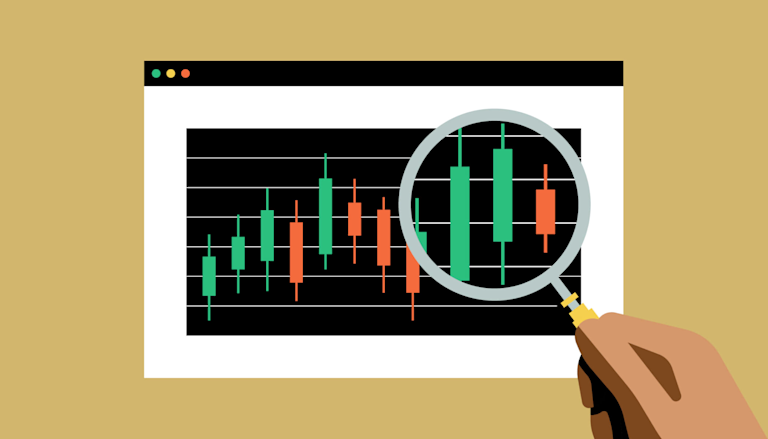Enhancing Crypto Trading Security Tips and Best Practices Crypto Trading Security

Understanding Crypto Trading Security: An Essential Guide
In the fast-paced world of cryptocurrencies, trading security has become paramount. As more individuals and institutions engage in crypto trading, the risks associated with potential hacks, scams, and cyber threats have also escalated. Ensuring your digital assets’ security is not an option but a necessity. In this article, we will delve into the various aspects of crypto trading security and provide you with actionable steps to protect your investments. To learn more about security practices, Crypto Trading Security visit website.
Understanding the Risks
Before diving into security measures, it is crucial to understand the various risks involved in crypto trading. These include:
- Hacks and Theft: Cryptocurrency exchanges have been prime targets for hackers. Large-scale breaches can lead to significant financial losses for traders.
- Phishing Scams: Scammers often use phishing tactics to steal private keys or sensitive account information from traders.
- Regulatory Risks: As governments adapt to the growing cryptocurrency market, regulatory changes could impact trading platforms and operations.
- Volatility: The cryptocurrency market’s inherent volatility can lead to rapid and unexpected price fluctuations, which can also pose a risk to investments.
Best Practices for Enhancing Security
To safeguard your investments in crypto trading, consider implementing the following best practices:
1. Use Strong Passwords
Your password is the first line of defense against unauthorized access. Use a unique, strong password consisting of a mix of letters, numbers, and symbols. Avoid using easily guessable information like birthdays or common phrases.
2. Enable Two-Factor Authentication (2FA)
Two-Factor Authentication adds an extra layer of security to your accounts. Even if someone obtains your password, they would still need the second factor (usually a code sent to your phone) to access your account.

3. Utilize Hardware Wallets
Storing your cryptocurrencies in a hardware wallet is one of the safest options available. Hardware wallets are physical devices that store your private keys offline, making them less susceptible to online threats.
4. Keep Software Up to Date
Always ensure that your trading software, wallets, and exchange applications are up to date. Developers often release updates to patch vulnerabilities and improve security measures.
5. Monitor Your Accounts Regularly
Regularly checking your trading accounts for any suspicious activity can help you catch potential security breaches early. Report any unauthorized transactions to your exchange immediately.
Securing Your Online Presence
Your online behavior and presence also contribute to your overall security. Consider these strategies:
1. Be Wary of Public Wi-Fi

Avoid accessing your trading accounts over public Wi-Fi networks. If you need to trade while on the go, consider using a VPN for a more secure connection.
2. Educate Yourself on Scams
Stay informed about the latest scams and fraudulent schemes in the cryptocurrency space. Knowledge is key to avoiding falling victim to such tactics.
3. Use a Secure Connection
Make sure to always use a secure HTTPS connection when accessing trading platforms or cryptocurrency services. This ensures that your communication is encrypted and less vulnerable to interception.
Choosing the Right Exchange
Not all cryptocurrency exchanges are created equal. When selecting an exchange, consider the following factors to ensure they prioritize security:
- Reputation: Opt for exchanges with a solid track record and positive reviews from users.
- Security Measures: Investigate the security protocols implemented by the exchange, such as cold storage, insurance funds, and 2FA options.
- Compliance: Choose exchanges that comply with local regulations and adhere to best practices in the industry.
Staying Informed and Adaptive
The cryptocurrency landscape is continually evolving, and so are the methods used by malicious actors. Keeping yourself updated with the latest news, trends, and security practices in crypto trading is essential. Follow reputable sources and engage with the community to share insights and experiences.
Conclusion
In summary, crypto trading security is a multifaceted issue that requires awareness, vigilance, and proactive measures. By understanding the potential risks and implementing best practices, you can significantly enhance the security of your digital assets. Protecting your investments should always be your top priority, as the consequences of lax security can be devastating. Embrace these strategies, stay informed, and trade confidently in the ever-evolving world of cryptocurrencies.





